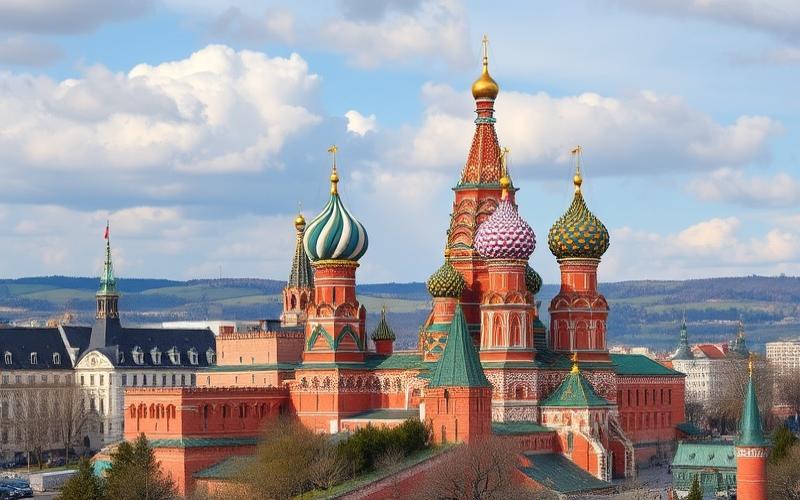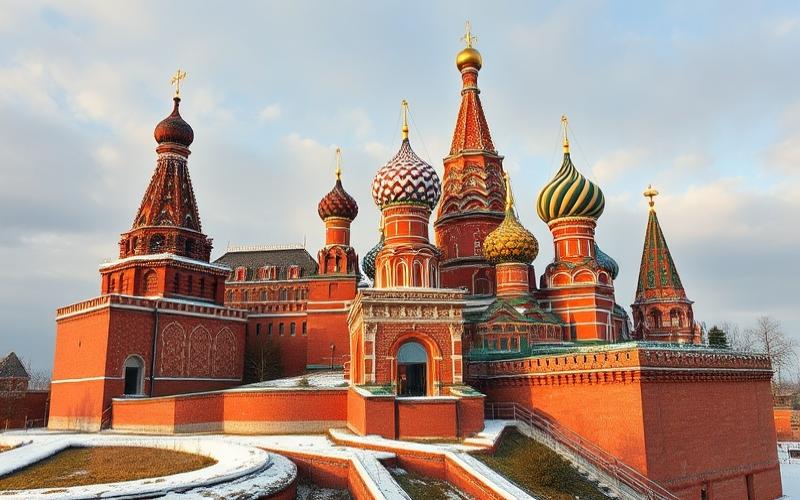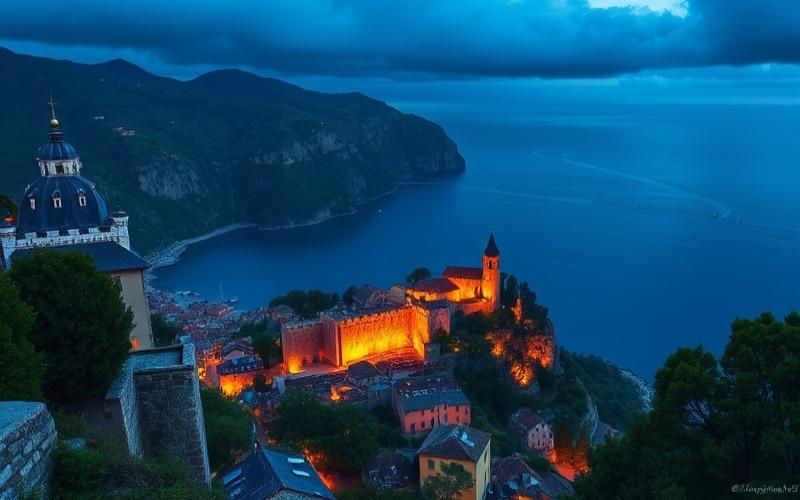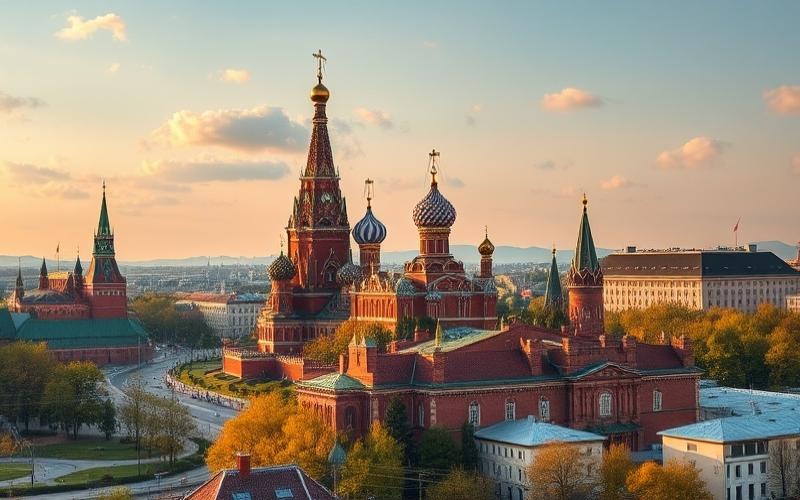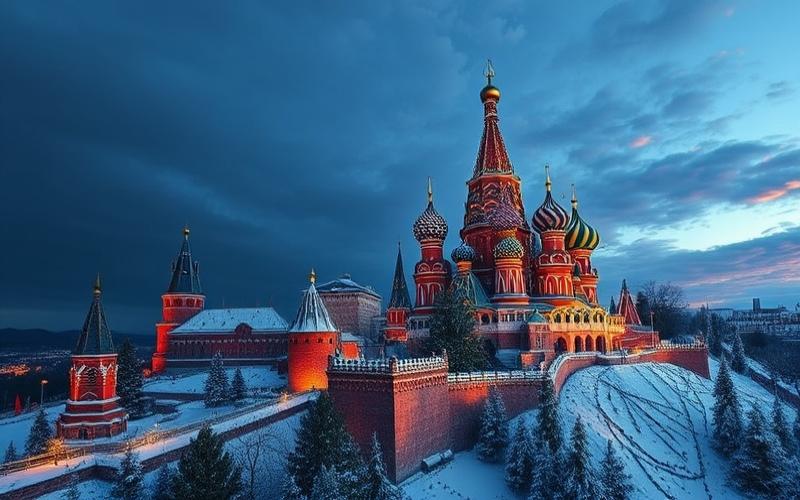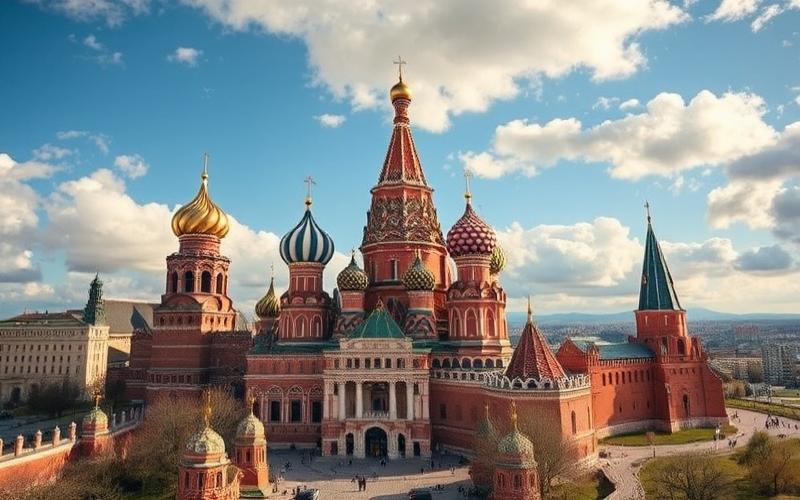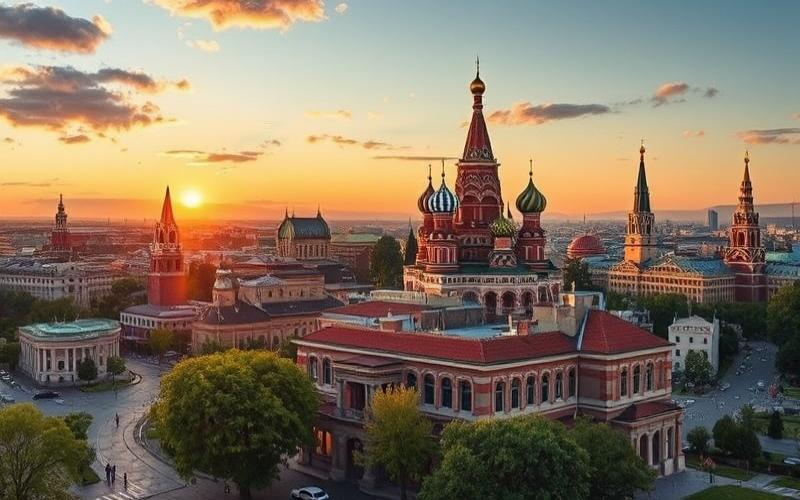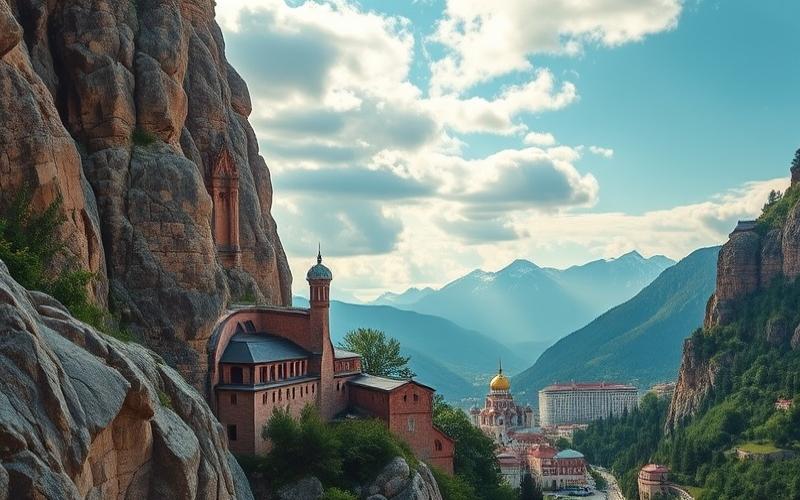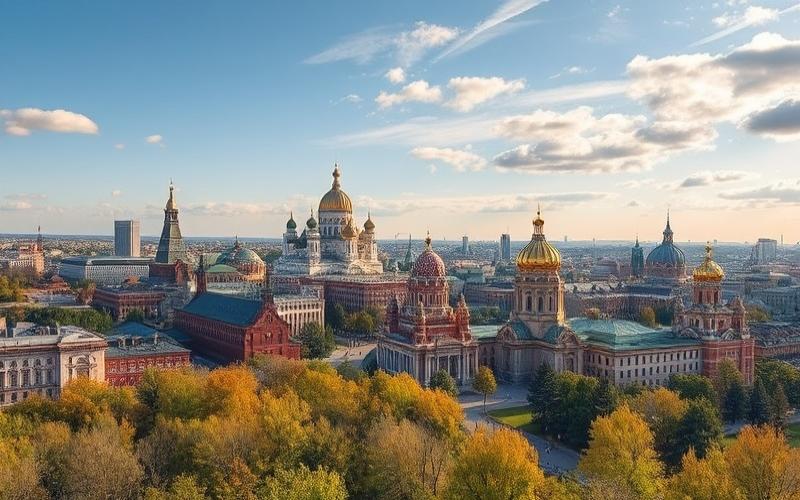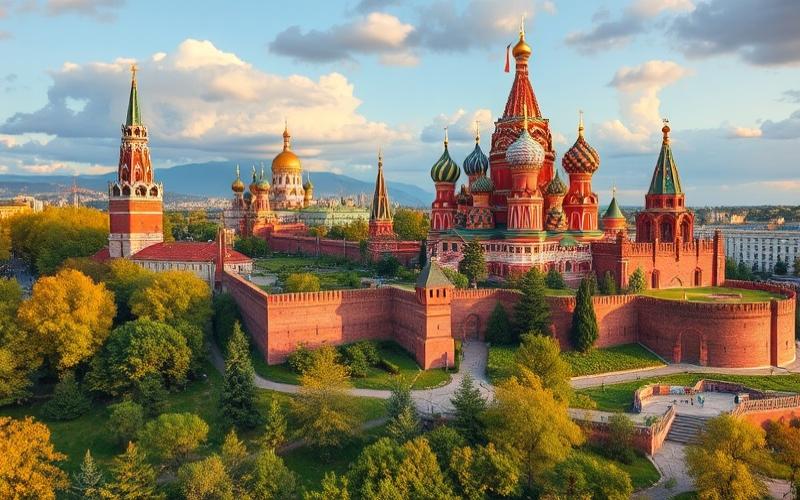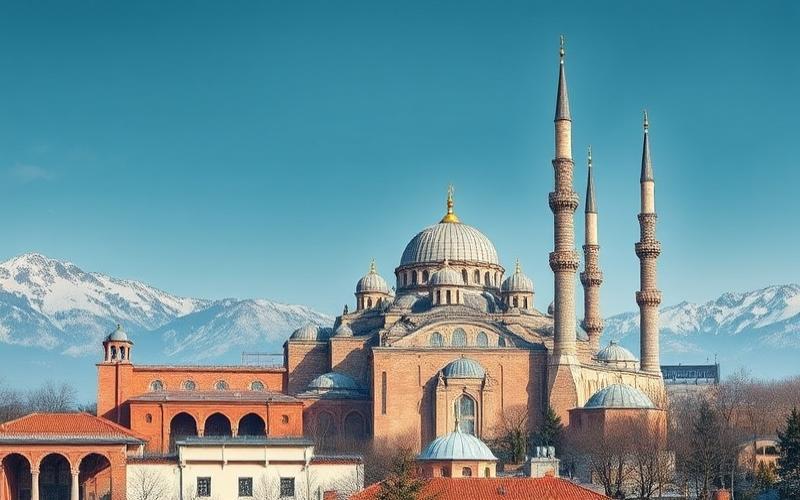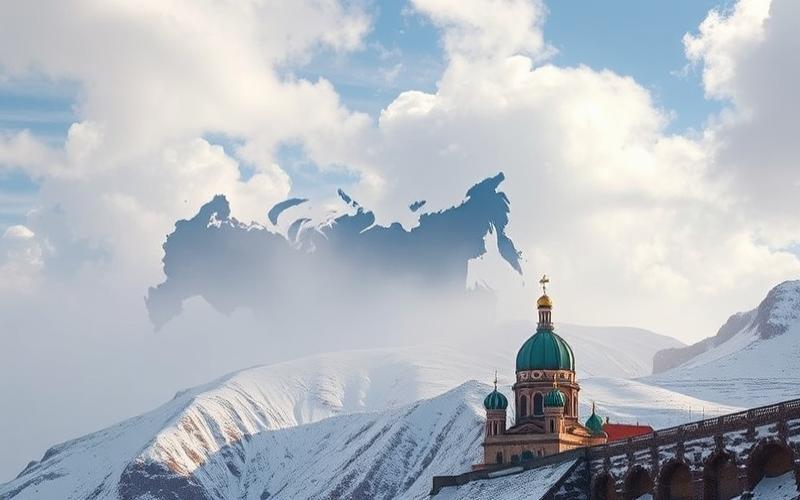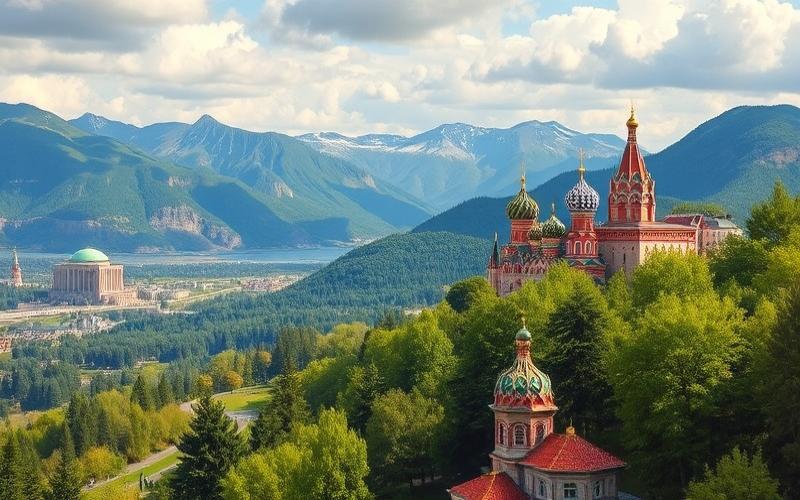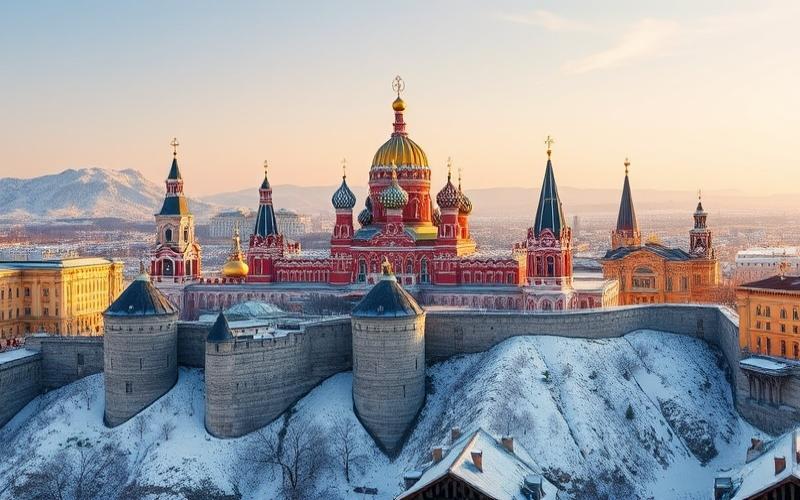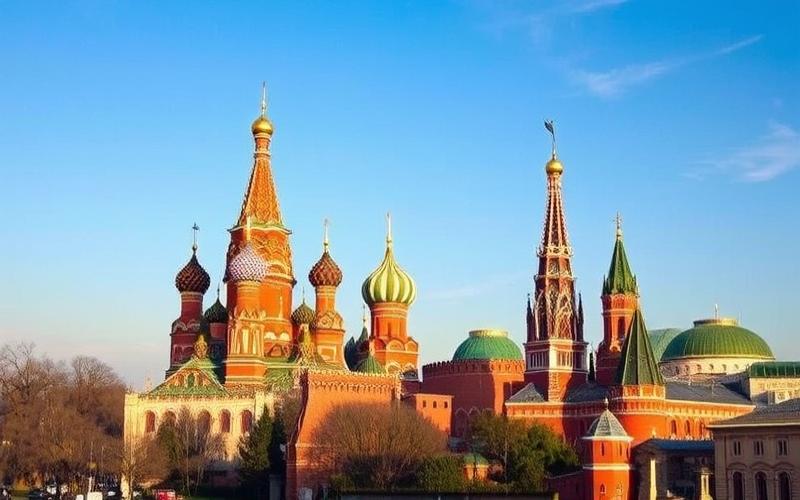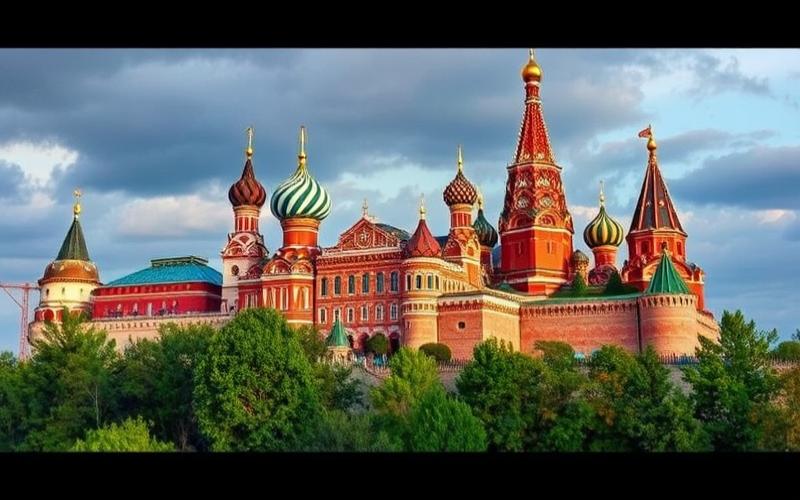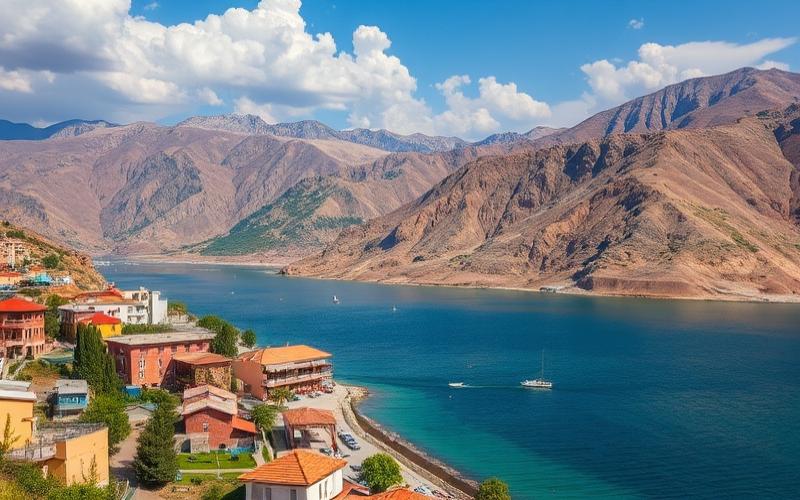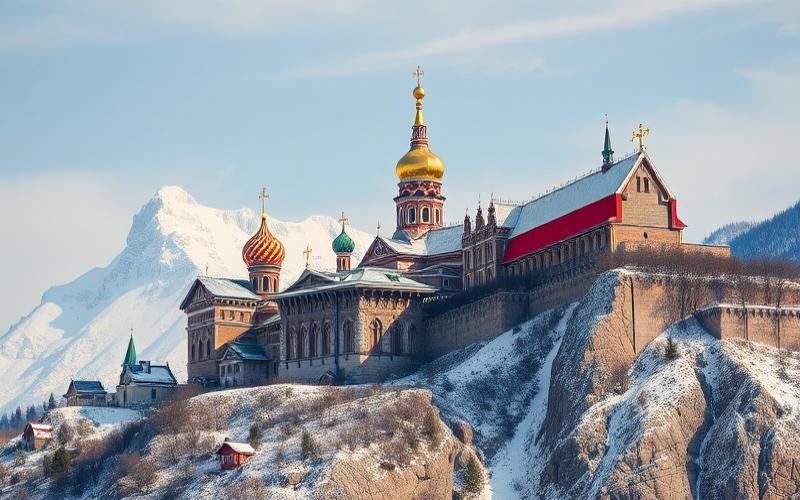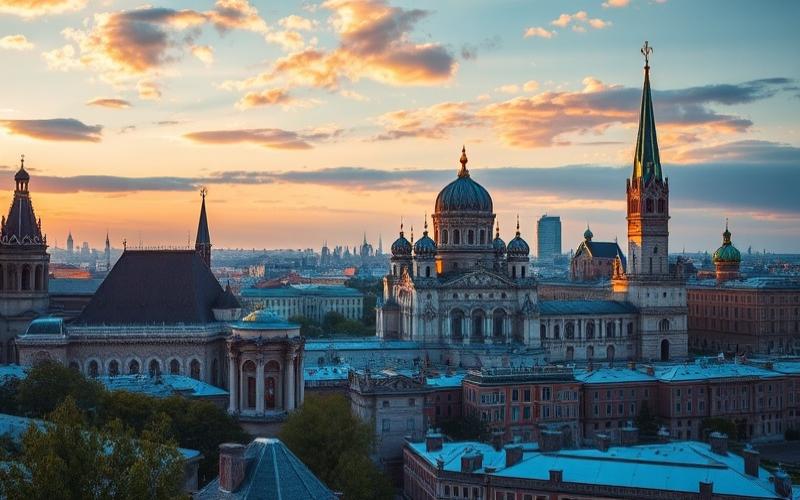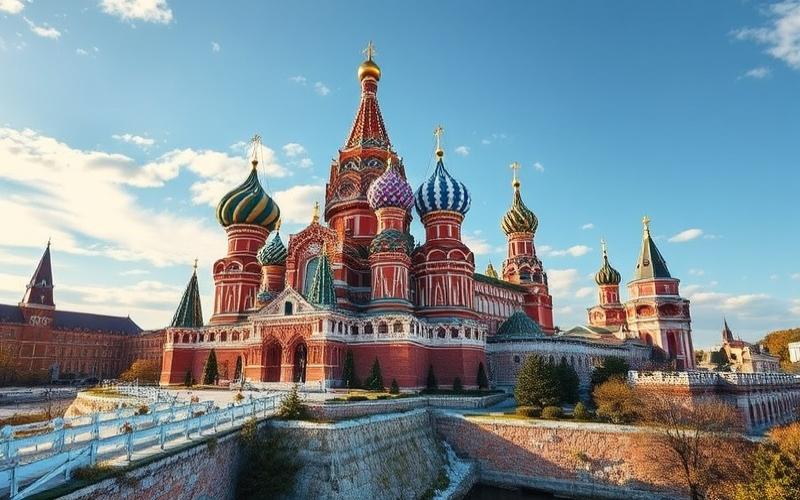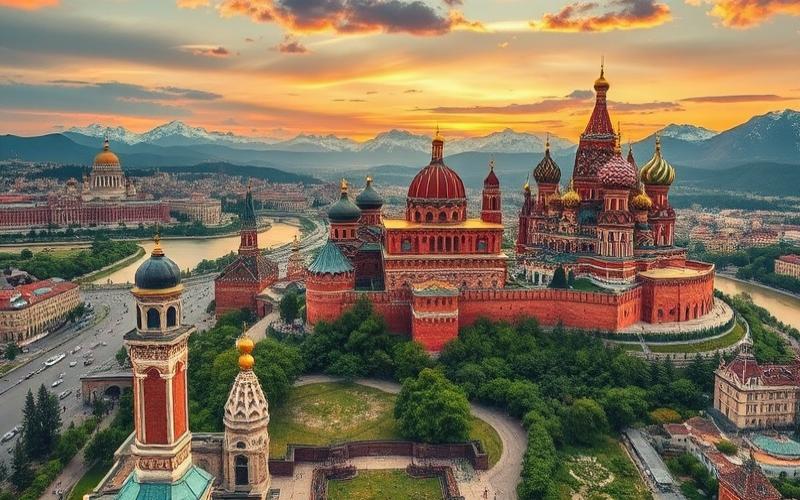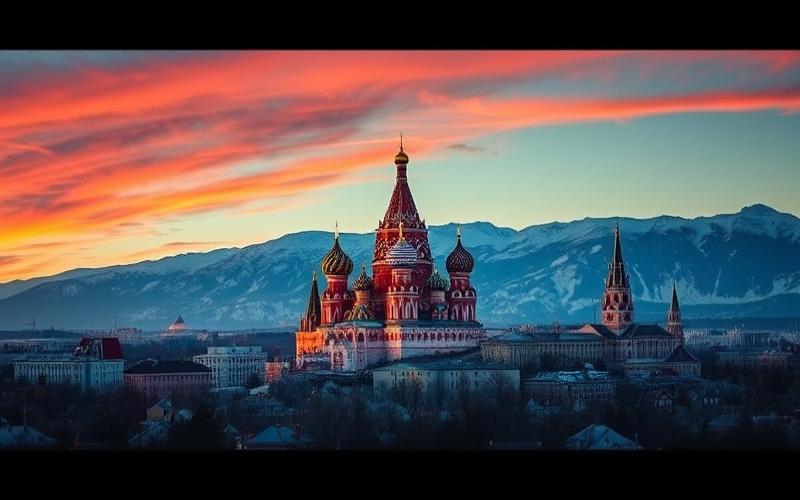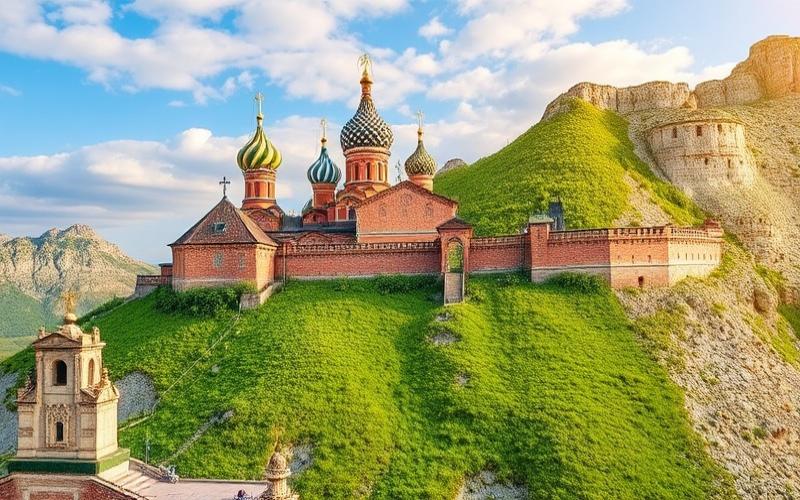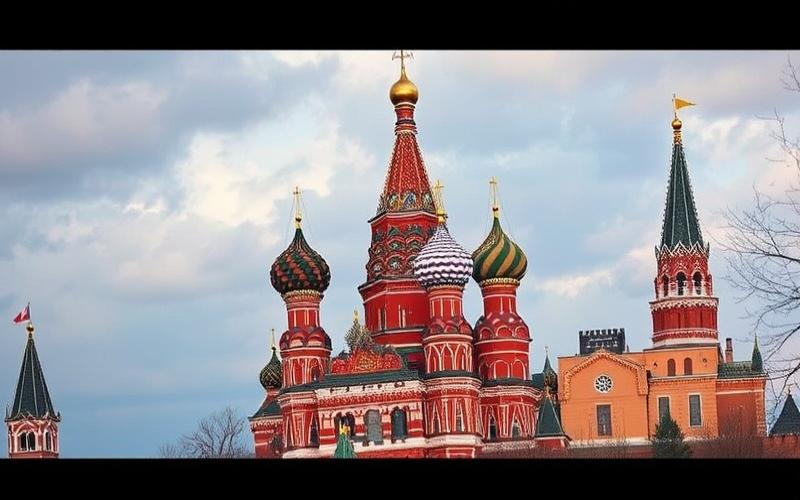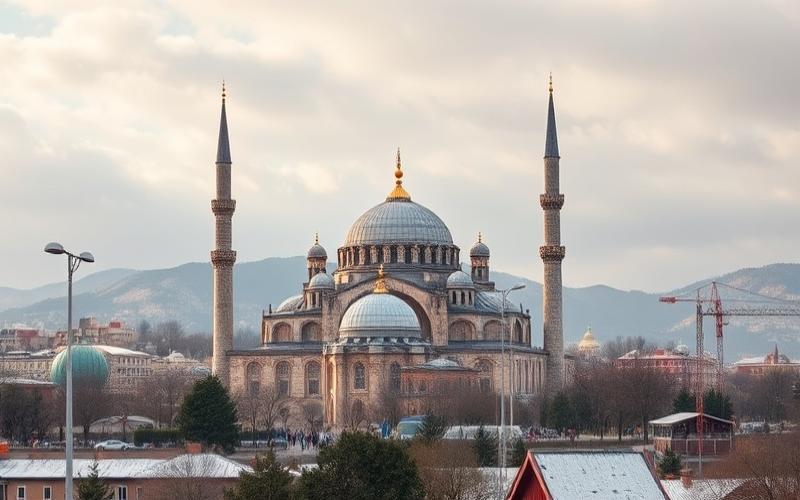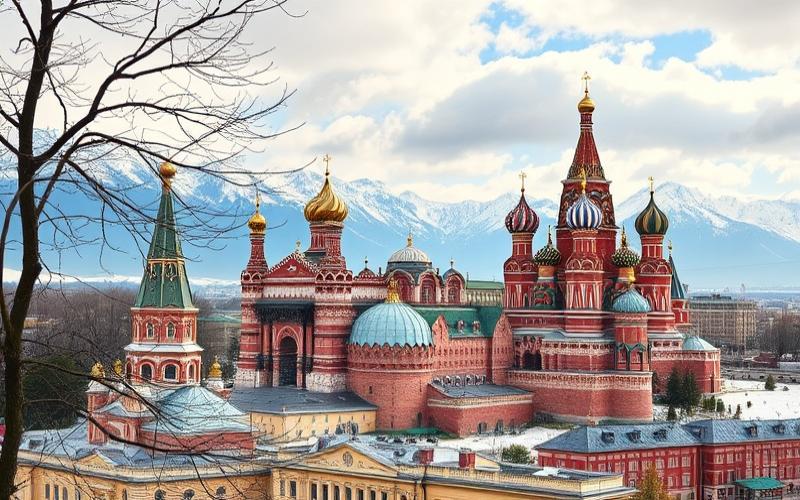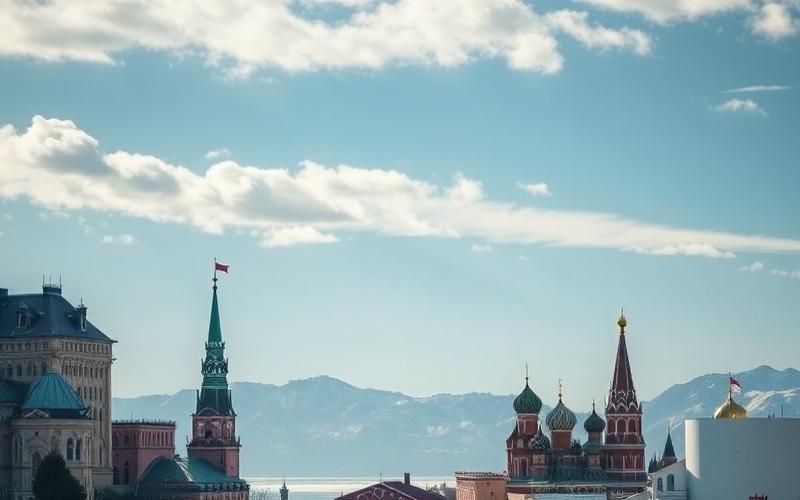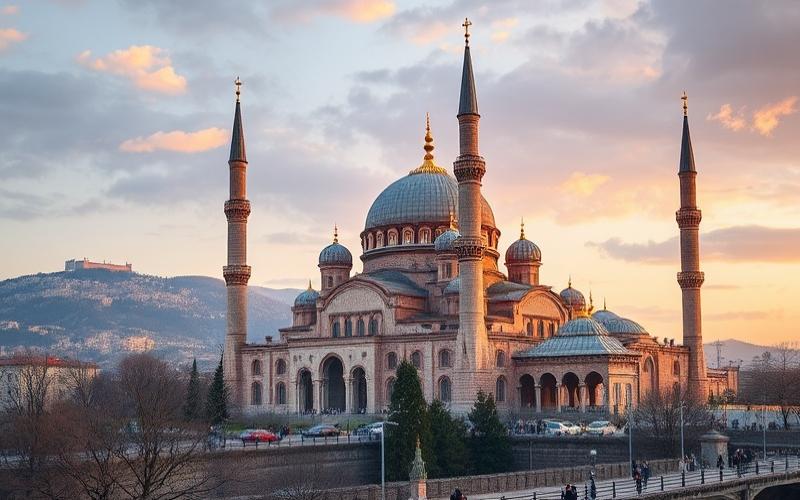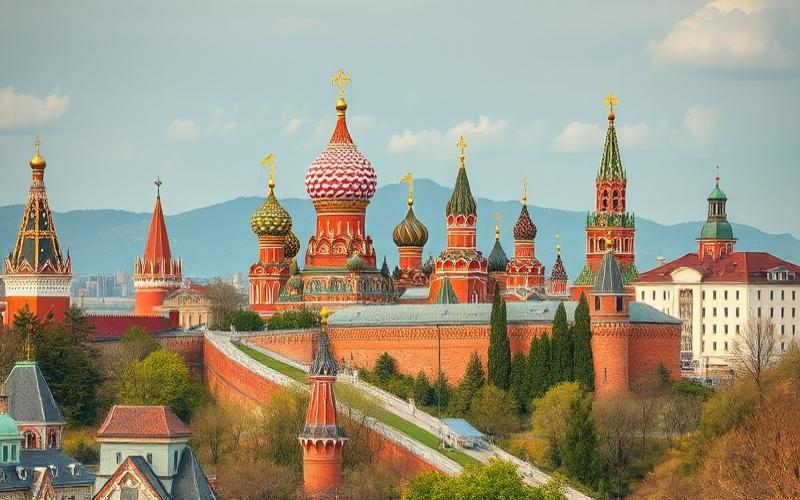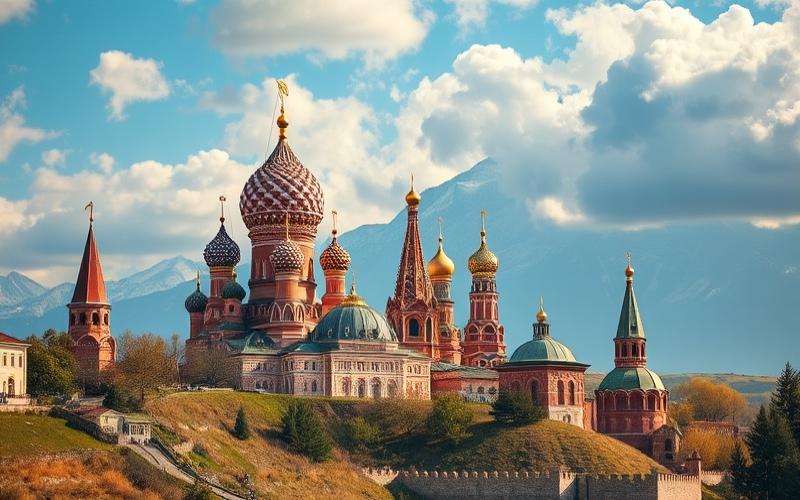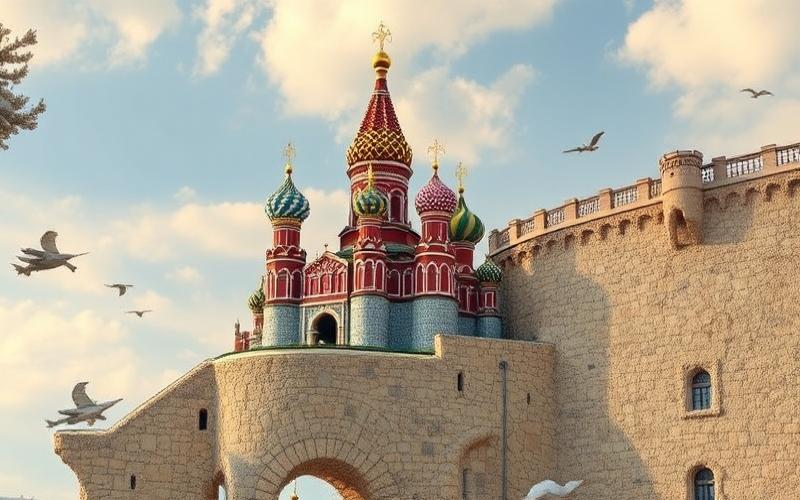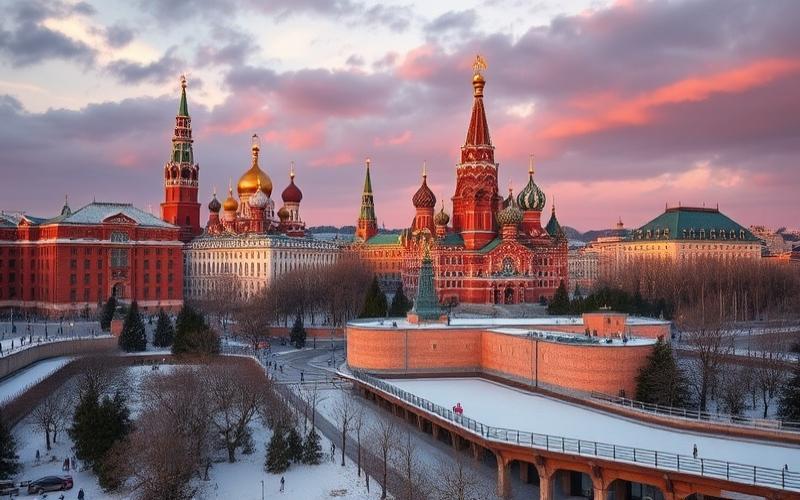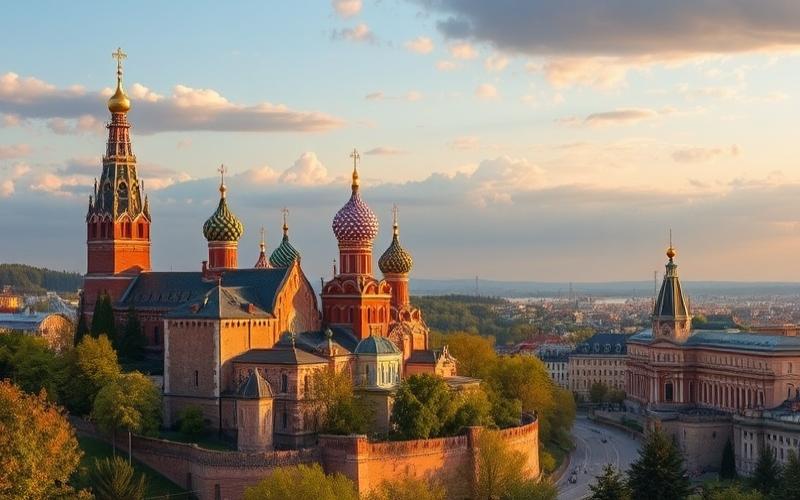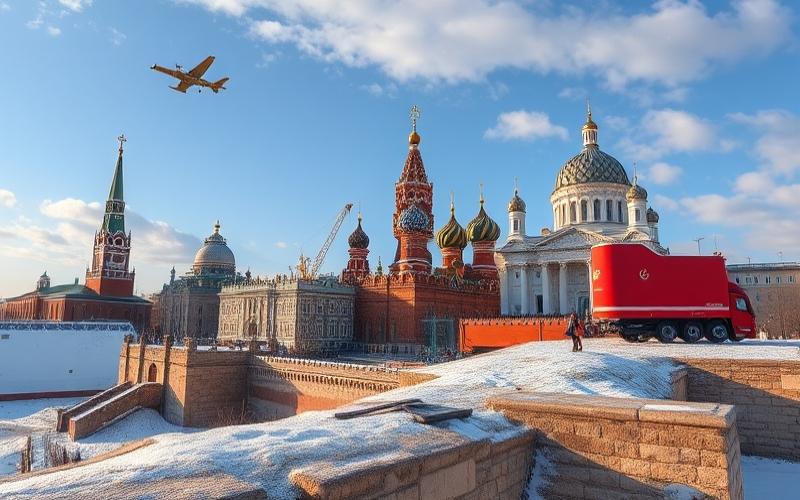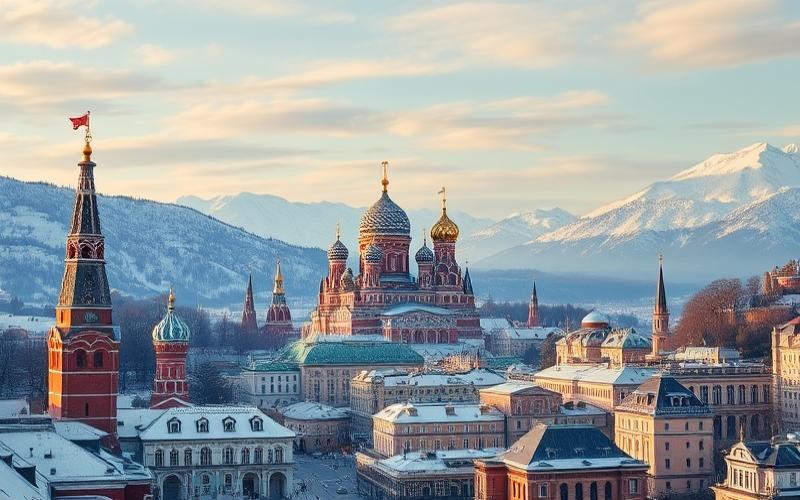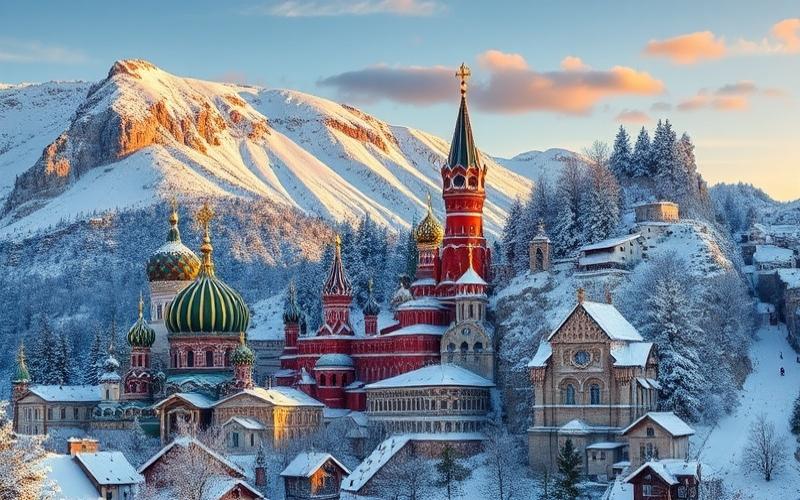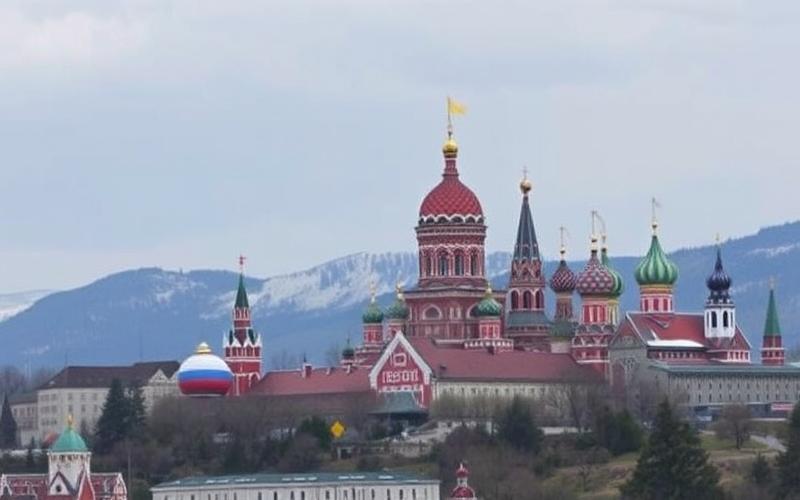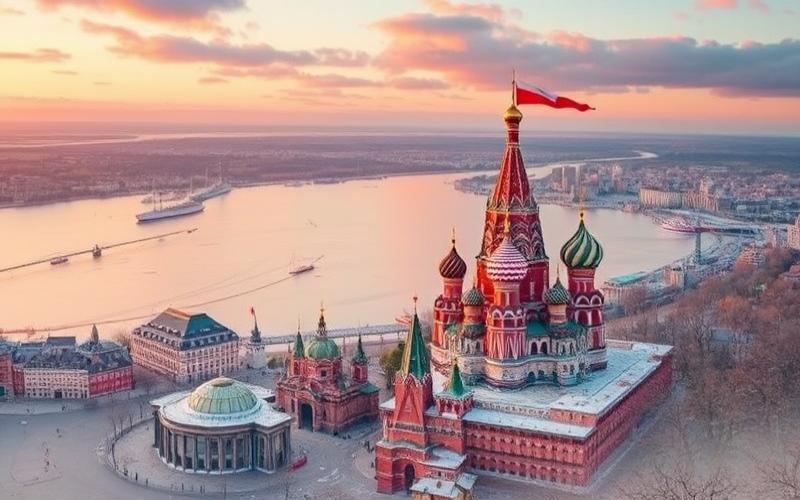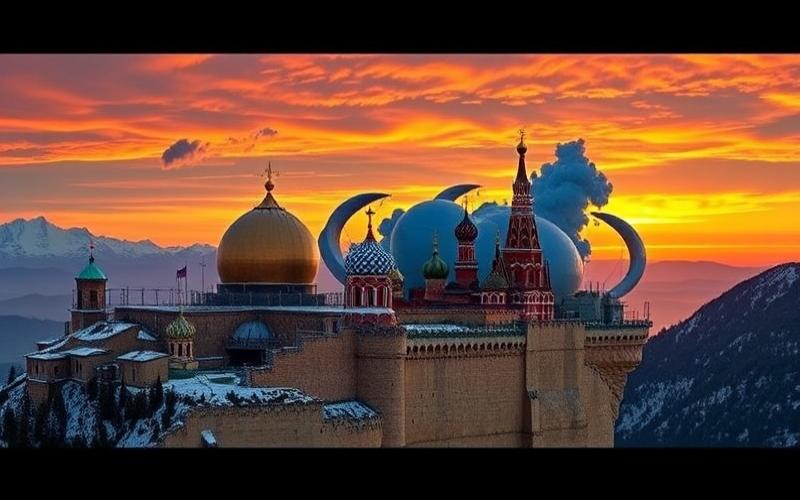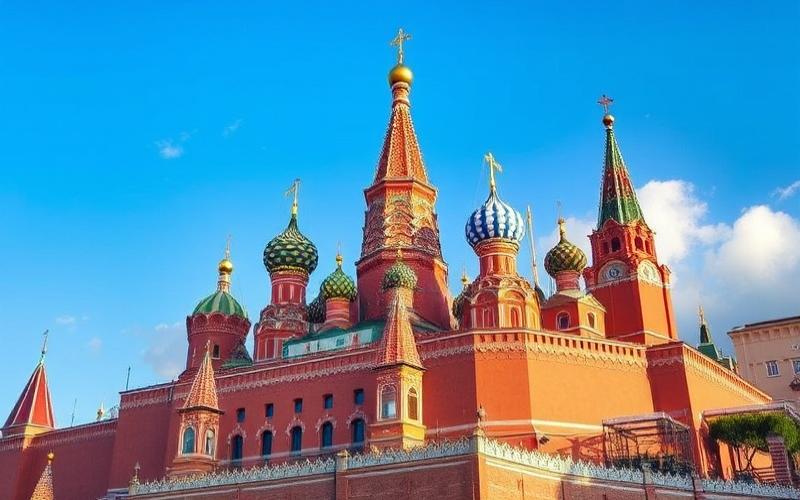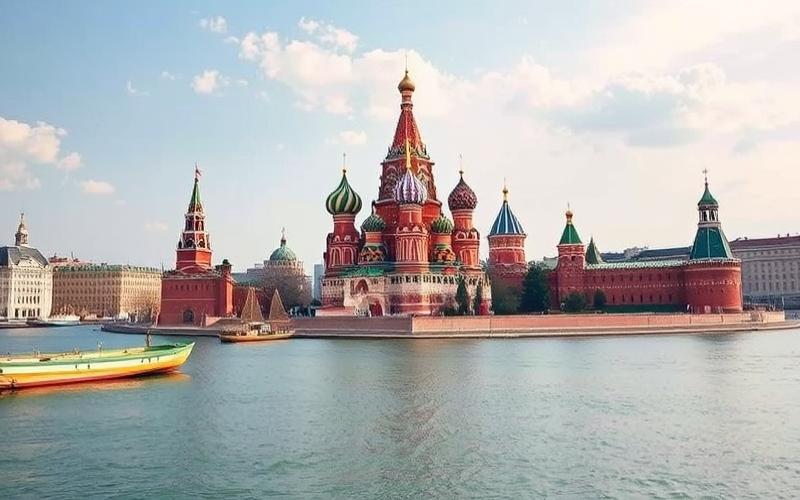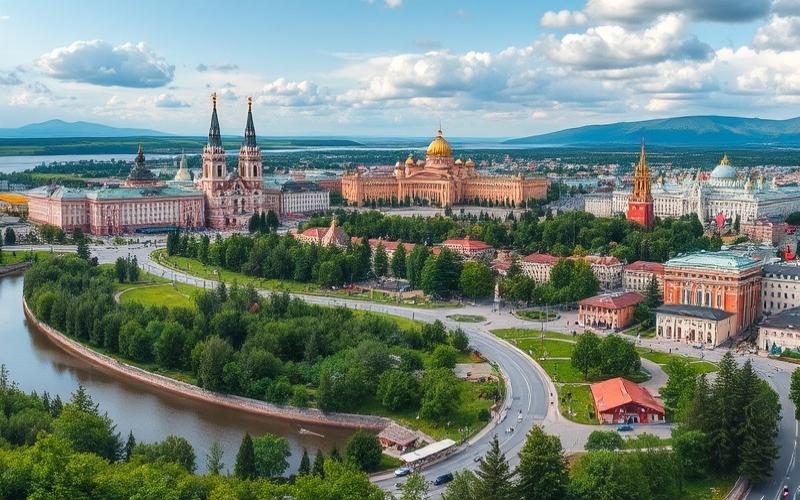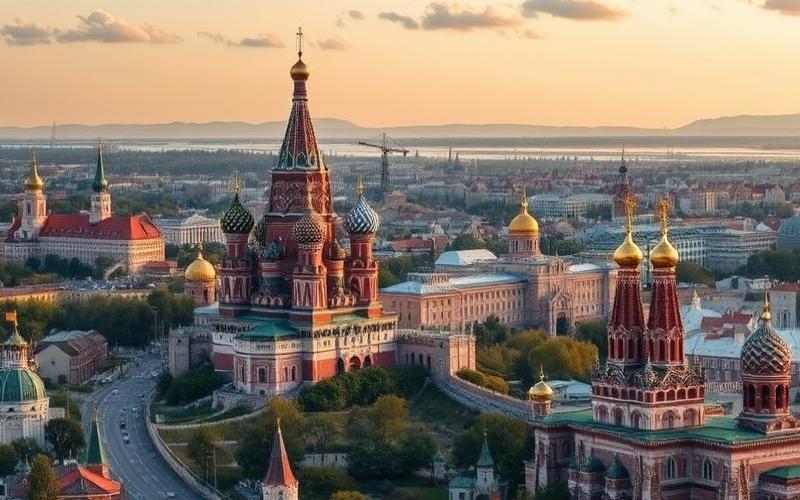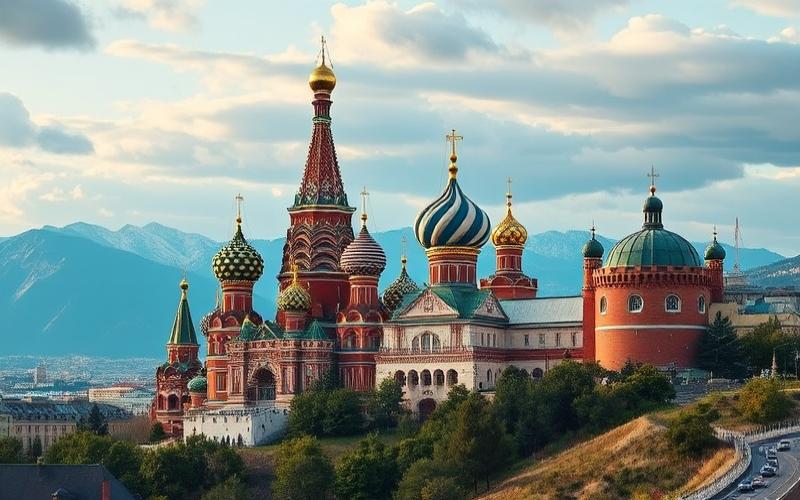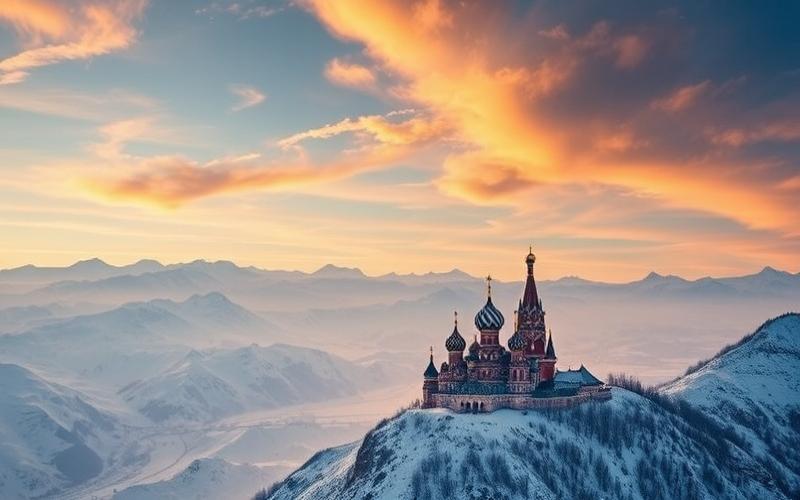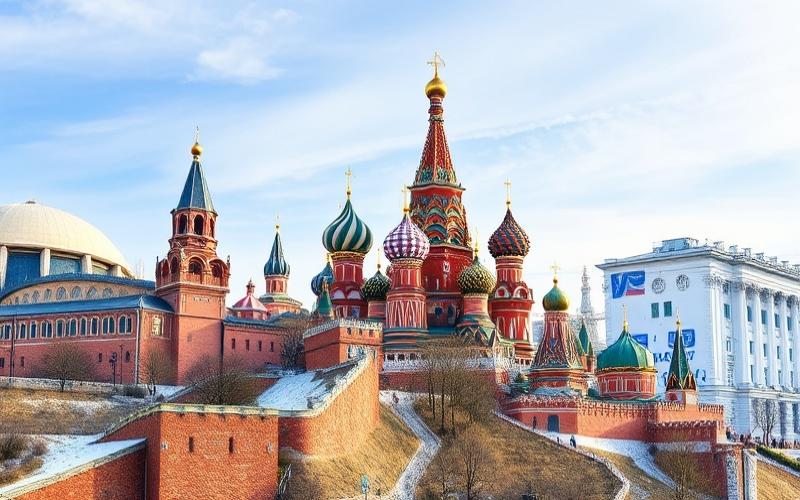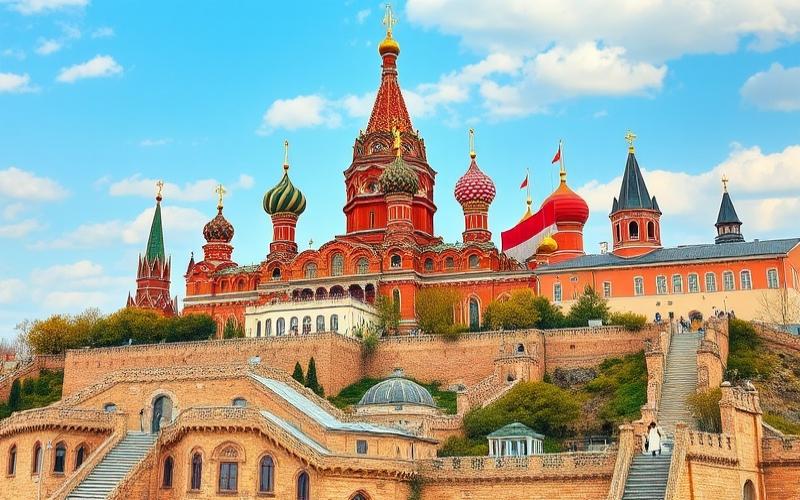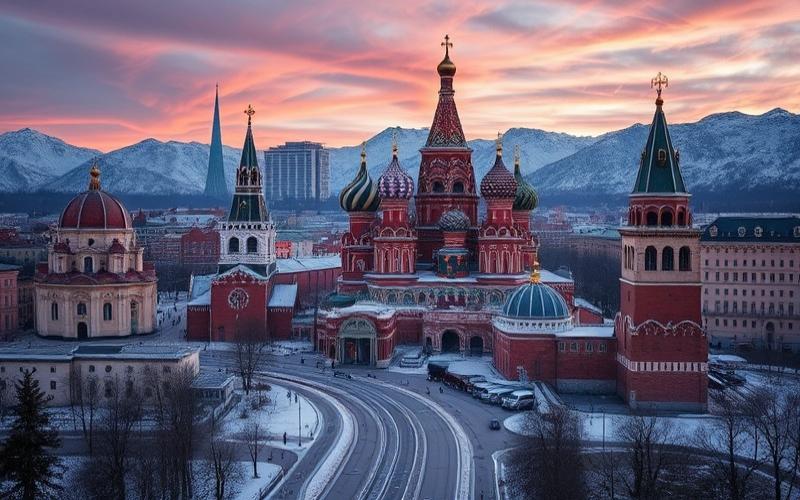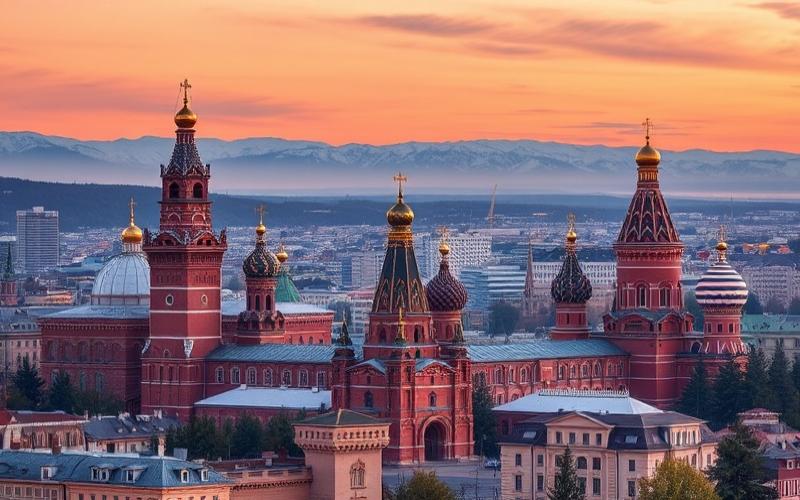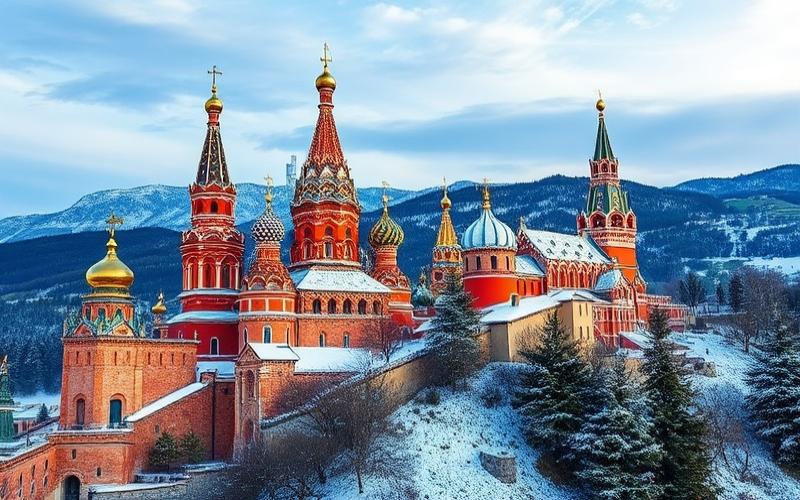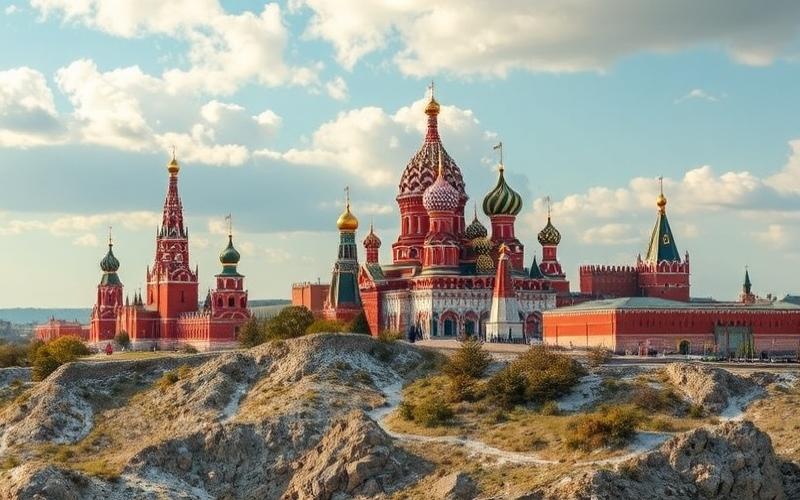
 Published on and written by Cyril Jarnias
Published on and written by Cyril Jarnias
In a global context where freedom of expression is frequently challenged, Russian media law stands out through a regulatory framework that sparks intense debate both domestically and internationally.
While the Russian government maintains these laws are necessary to preserve national stability and security, critics insist they significantly restrict the voices of journalists and citizens.
This article explores how these media regulations shape communication dynamics in Russia, examining current laws, censorship tools, and the actions of human rights groups fighting to preserve spaces for free expression.
Russia’s Media Legislative Framework
Russia’s media sector is governed by a set of laws and regulatory mechanisms that strictly control press freedom and access to information.
Key Media Laws:
- Mass Media Law (1991)
Defines media operations, mandatory registration of press outlets, grounds for suspension or prohibition, and formally bans prior censorship while allowing numerous indirect control mechanisms. - Information, Information Technologies and Information Protection Law (2006, subsequent amendments)
Enables administrative blocking of websites without court decisions, particularly for national security reasons or combating extremism. - Recent Amendments (2022-2025)
- Criminalization of spreading “false information” about the Russian military, punishable by heavy prison sentences.
- Expansion of “extremist content” definition and introduction of penalties for merely viewing or deliberately searching for such content, even via VPN.
- Ban and penalization of promoting or using VPNs to access blocked content.
- Strengthening of “foreign agent” status applied to media outlets and journalists receiving foreign funding, imposing reporting and disclosure obligations.
Regulatory Agencies and Their Roles:
| Agency | Primary Role |
|---|---|
| Roskomnadzor | Monitoring and controlling online information, issuing licenses, blocking websites, ensuring compliance with media legislation. |
| Ministry of Justice | Managing the “foreign agents” registry, tracking organizations and individuals deemed undesirable. |
Roskomnadzor, in particular, holds extensive powers to block websites, demand content removal, or suspend media outlets for non-compliance.
Penalties for Non-Compliance:
- Fines (ranging from several thousand to several hundred thousand rubles depending on severity and repeat offenses)
- Administrative blocking of websites or license suspension for media
- Prison sentences for spreading information deemed false about state or military actions
- Mandatory labeling of “foreign agent” status on all media or journalist materials
- Professional bans for certain journalists or media outlets classified as “extremist”
Impact on Journalistic Practice and Free Expression:
- Widespread self-censorship: Journalists avoid sensitive topics, particularly those related to opposition, the war in Ukraine, corruption, or human rights.
- Reduced pluralism: Disappearance or exile of most independent media, numerous journalists prosecuted or forced to leave the country.
- Increased surveillance: Any online activity, including merely viewing certain websites, can lead to prosecution.
Concrete Examples of Restrictive Enforcement:
- 2024-2025: Adoption of amendments making viewing sites deemed “extremist” (e.g., Alexei Navalny’s Anti-Corruption Foundation website) subject to fines. VPN promotion also penalized.
- Blocking of YouTube and most independent media: Only VPN use enables access to certain content, now criminalized.
- Increased prosecutions for “spreading false information” about the war in Ukraine, leading to actual prison sentences for several journalists and bloggers.
- Application of foreign agent status to public figures and NGOs, making their activities nearly impossible on Russian territory.
Common Control Practices:
- Monitoring social networks and messaging platforms
- Administrative blocking of news websites
- Economic pressure (license revocations, fines, office closures)
- Judicial and criminal threats against critical journalists and editorial offices
Summary:
Russia’s legislative framework imposes strict control over media, with laws enabling de facto censorship, heavy penalties, and extensive surveillance. Regulatory agencies, particularly Roskomnadzor, play a central role in implementing these restrictions, leading to widespread self-censorship and the near-disappearance of independent press.
Good to Know:
The Mass Media Law, strengthened by recent amendments, allows Roskomnadzor to block websites without judicial decisions and severely penalize regulatory violations; a notable example being the 2022 ban of several foreign media platforms under the pretext of disinformation.
Free Expression Challenges in Russia
Main Free Expression Challenges in Russia
Free expression in Russia faces a series of legal and practical restrictions that severely limit public debate, access to independent information, and journalists’ ability to practice their profession.
State-Imposed Legal Restrictions:
- Laws against “disinformation” prohibiting any dissemination of content contrary to official narratives on sensitive topics like the war in Ukraine. Using certain terms (“war,” “bombings,” etc.) in media or on social media exposes individuals to criminal penalties up to several years in prison.
- “Foreign agent” laws forcing media, NGOs, and journalists receiving foreign funding or criticizing authorities to register with authorities, label their publications, and face increased administrative harassment.
- Recent amendments further extend these restrictions: individuals can now be prosecuted for simply viewing or sharing content deemed “extremist,” including opposition messages on social media.
- Active and non-transparent blocking of websites, social platforms (Facebook, Instagram) and censorship circumvention tools (VPNs).
Challenges Faced by Independent Journalists and Non-Conformist Media:
- Systematic censorship: Authorities regularly order forced closures or complete blocking of government-critical media. Several major independent newspapers have suspended operations since 2022.
- Arbitrary arrests: Reporters covering protests or investigating corruption are frequently arrested under various pretexts (extremist propaganda, collaboration with the enemy…).
- Physical threats: Documented cases include assaults at public events and abusive raids on editorial offices.
| Challenge | Recent Example / Statistic |
|---|---|
| Internet blocks | Over 100 sites blocked since 2022 |
| Arrests | Dozens of journalists detained annually |
| Media closures | Novaya Gazeta suspended; Dozhd shut down |
| Digital surveillance | VPN promotion banned; restricted communications |
Contrast Between Official Laws & Practical Application
Although the Russian Constitution officially prohibits all forms of censorship, its enforcement remains largely theoretical. The legal framework is used to justify widespread administrative repression:
- The vague notion of “extremism” allows authorities arbitrary interpretation primarily to silence dissenting voices.
- Court decisions are often politically motivated rather than legally grounded.
Role of Digital Platforms as Alternative Spaces
Despite these obstacles:
Digital platforms remain central spaces for organizing citizen resistance against free expression violations. Private Telegram groups, YouTube channels operated from exile become essential for disseminating critical analysis or alternative information.
List – Concrete Examples:
- Widespread use of encryption (Signal/WhatsApp) to protect journalistic sources
- Distribution via VPN despite increasing bans
- Spontaneous creation of anonymous forums dedicated to secure sharing
Civil Society Efforts
Despite constant pressure:
- International organizations actively support developing technical tools enabling Russian citizens to freely access independent information;
- Occasional local protests openly denounce this repressive climate;
- Informal networks continue—despite high personal risks—their documentary work on persistent violations against journalists and activists.
The daily persistence against state control demonstrates the crucial role played by these engaged communities in concretely—often clandestinely—defending the fundamental right to free expression.
Good to Know:
In Russia, laws against disinformation and foreign agents are frequently used to suppress independent journalists, while digital platforms remain essential for disseminating information despite censorship and arrests. In 2022, over 150 media outlets were blocked and 18 journalists arrested, illustrating strict law enforcement often circumvented by civil society to defend free expression.
Regulatory Impact on Journalists and Expatriates
Recent Russian laws, particularly the foreign agent law and increased internet censorship, profoundly restrict journalistic practice and free expression.
- The foreign agent law requires any person or organization receiving foreign support to register as a “foreign agent.” This status is stigmatizing and comes with heavy administrative burdens: audits, detailed reports, mandatory status disclosure in every publication. Independent media are particularly targeted by this legislation.
- Since December 2024, a new law introduces additional restrictions for foreign agents regarding their income (intellectual creations, property sales), which must be deposited exclusively in special ruble accounts opened in Russia. The Russian state can access these accounts to withdraw funds for fines or other penalties.
- The foreign agent status is used to shut down independent organizations, imprison dissidents, and silence critical voices. Affected individuals can be excluded from entire sectors of Russian civic life.
Concrete Examples:
- In October 2024, an employee of a Geneva-based NGO was arrested in Russia for failing to register as a foreign agent; prosecutors sought over three years imprisonment.
- Numerous media outlets have been forced to close after being designated “undesirable organizations” or “foreign agents.”
Practical Effects:
Widespread self-censorship: Fear of foreign agent classification pushes journalists and editorial teams to avoid sensitive topics.
Public stigmatization: The term “foreign agent” evokes espionage or betrayal in the Russian collective imagination; this socially isolates targeted journalists.
Situation for Expatriate Journalists or Those Working for Foreign Outlets:
| Challenge | Description |
|---|---|
| Visa restrictions | Difficult or systematically denied after foreign agent designation |
| Increased surveillance | Enhanced electronic monitoring (email/phone intercepts) |
| Limited information access | Formal bans on attending official conferences/public events |
| Legal risk | Constant threat of administrative expulsion or criminal prosecution |
International organizations like Reporters Without Borders denounce this legal framework as emblematic of systematic repression targeting independent Russian media. They emphasize that current legislation equates any critical media with a “fifth column,” thus justifying judicial harassment and various censorship measures.
From the official Russian perspective, the government claims these laws protect “national security” against “foreign interference” but explicitly acknowledges wanting to prevent anyone from using income obtained in Russia “against it.”
Key Points Raised by Advocacy Organizations:
- The very broad definition of “foreign influence” enables arbitrary application by Russian authorities.
- Growing accumulation of legislative measures makes independent public discussion nearly impossible.
- The framework primarily serves to deter civic activism and independent journalism.
To Summarize:
- Current regulations make freely practicing journalism in Russia extremely difficult;
- Expatriates face particular exposure to administrative (visa), legal (criminal risk), and technological (surveillance) pressures;
- The actual capacity of journalists—local or foreign—to operate freely is severely compromised by this legislative arsenal;
This legal climate fosters widespread self-censorship that stifles independent public debate about Russian policies.
Good to Know:
Russia’s foreign agent law and internet restrictions severely limit journalists’ freedom, further complicating the situation for expatriates with measures like enhanced surveillance and visa restrictions.
Media Freedom Evolution Prospects
Recent legislative reforms in Russia have significantly tightened information control and free expression. The extended criminalization of so-called “extremist” online searches now includes content as varied as LGBTQ+ publications, opposition works, or certain memoirs deemed hostile to the Kremlin. Now, not only producers but also mere consumers of such content can be prosecuted, creating a climate of fear and widespread self-censorship. Even if individual tracking remains difficult on a large scale, a few emblematic cases suffice to deter a large portion of the Russian population.
Political Dynamics and Media Impact
- The central government consolidates its grip over the entire media sector.
- Independent media are systematically marginalized through censorship or administrative closure.
- Major national channels remain under strict government control; their editorial line largely supports official narratives.
- Active disinformation campaigns are coordinated both domestically and internationally (via RT, Sputnik), enhanced by hybrid structures like the Social Design Agency that heavily utilize social media, bots, and AI to manipulate public opinion.
Recent Statistics
| Indicator | Value (2025) |
|---|---|
| RSF* Ranking | 164/180 |
| Journalists Detained | 25+ |
| Media Blocked | Over 200 |
*RSF: Reporters Without Borders.
International organizations like Reporters Without Borders or Human Rights Watch regularly denounce rapid deterioration of media freedoms in Russia, labeling the country a “censor state” where any dissenting voice risks criminalization.
New Technologies and Digital Platforms
Digital platforms now present a dual challenge:
- Alternative vehicle for independent information, through VPNs or encrypted networks sometimes enabling circumvention of official censorship.
- Major tool of state control, with increased monitoring of mobile/fixed internet traffic; dynamic blocking; enhanced algorithmic surveillance.
- Mass deployment of automated campaigns using deepfakes, clones of credible journalistic sites, and viral dissemination on encrypted messaging to poison or drown out independent information spaces.
Possible Future Scenarios
| Scenario | Description |
|---|---|
| Authoritarian Strengthening | Continued legislative tightening; extension of Chinese model with segmented internet (“Runet”); near-total disappearance of physical independent media. |
| Digital Resilience | Ongoing emergence of alternative micro-media exploiting VPN & dark web; citizen resistance via cross-border social networks despite increased legal risks. |
| Growing External Pressure | International economic sanctions specifically targeting Russian tech sector; potential increased Western financial/logistical support to certain exiled journalist collectives. |
| Partial Return to Greater Openness (unlikely short-term) | Possible under major international pressure or radical internal evolution; partial relaxation but overall maintenance of high-level political control over information flows. |
In any case, global trends—rise of digital authoritarian models—combined with internal economic pressures make significant relaxation unlikely in the near future, barring major geopolitical upheaval.
⚠️ The Russian media landscape remains characterized by growing restriction of free spaces—both traditional and digital—even as technological innovations serve repression as much as dissent.
Good to Know:
Recent Russian legislative reforms have further restricted media freedom, strengthening state control, while digital platforms emerge as potential refuges despite increased censorship risks. According to Reporters Without Borders, Russia currently ranks 150th out of 180 countries for press freedom, highlighting the need for continued vigilance amid changing political dynamics.
Disclaimer: The information provided on this website is for informational purposes only and does not constitute financial, legal, or professional advice. We encourage you to consult qualified experts before making any investment, real estate, or expatriation decisions. Although we strive to maintain up-to-date and accurate information, we do not guarantee the completeness, accuracy, or timeliness of the proposed content. As investment and expatriation involve risks, we disclaim any liability for potential losses or damages arising from the use of this site. Your use of this site confirms your acceptance of these terms and your understanding of the associated risks.

